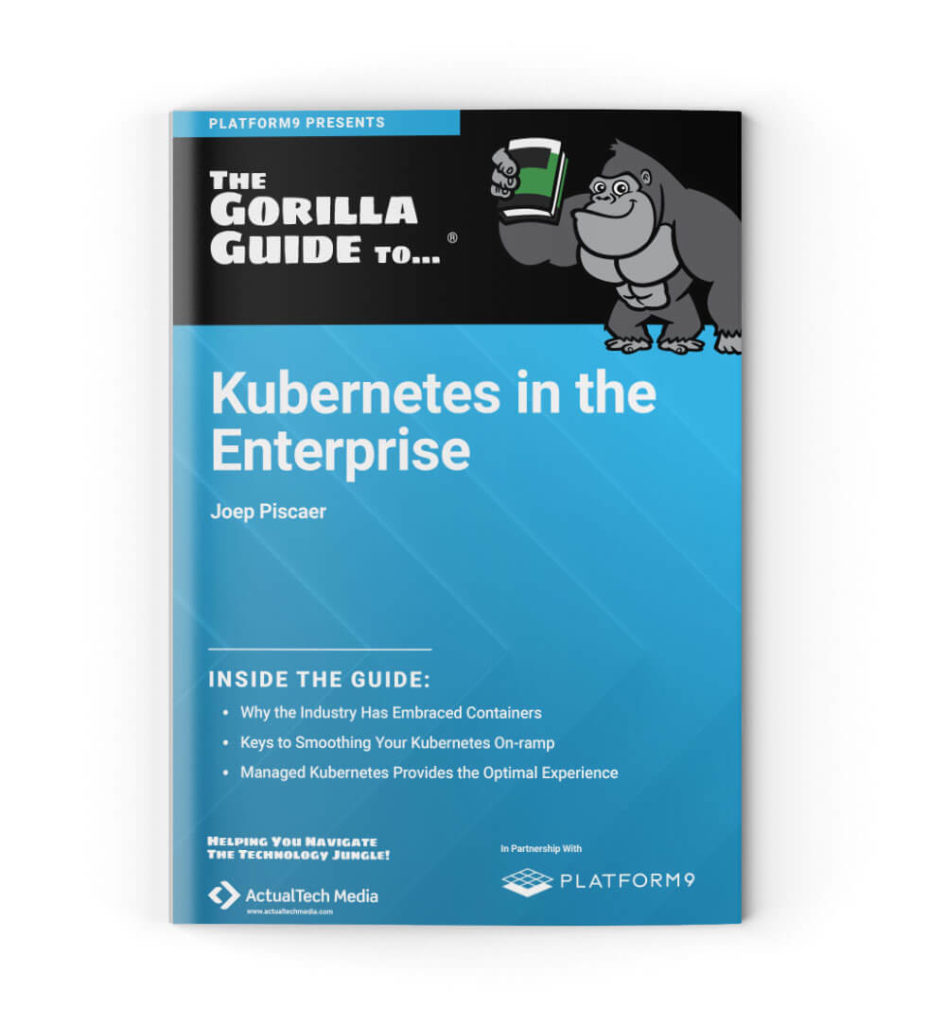An ERP (Enterprise Resources Planning) is a set of packages or a specialized business management software that attempts to integrate all departments and functions within the company in a single, centralized system. The purpose is to optimize decision-making capabilities for business processes and strategies.
One of the biggest decisions that organizations need to make is whether to host their ERP on the cloud or rely on self-hosting. Before they can make that decision, there are a few things to consider. Read the following overview of ERP for a better understanding of ERP and self-hosting.


